Why can’t I stop overeating? This is a question I spent over 20 years wondering. Well, I guess I didn’t really wonder why, I thought I knew why – I thought it was because I was a pig with no willpower and just loved food too much to stop eating.
Turns out, that has nothing to do with why people overeat – so we can let that destructive myth die now, mkay?
For the purposes of this piece, I’m defining overeating as eating past comfortably full or eating when you’re not really hungry and you know eating more will make you uncomfortable – basically, anything that makes your body feel like… ugh, why’d I eat so much?
Two of the biggest causes of overeating certain foods or even just food in general:
1. Feelings of scarcity around food –
This can come from food insecurity as a child, from present food scarcity, or from trying to restrict things you think you shouldn’t be eating (in ways I’ve been discussing)
2. Self-punishment –
This comes from underlying feels of inadequacy, self-loathing, shame (related to food choices or any other kind, which also often comes from the “good food” versus “bad food” messaging we’re programmed with)
There’s a widely held belief that overeating, especially certain foods like sugar, happens because they’re hyper-palatable, we’re weak-willed or even addicted to it.
The mistaken belief behind it is that we have to detox and forever stop eating those things, especially sugar – but it’s that exact messaging that actually causes it, at least in part because it contributes to exacerbating BOTH of the biggest causes of overeating.
Our bodies want to feel good, they’re not driving us to eat things that make them feel like garbage and they simply don’t get addicted to sugar or food in the same way they do illegal drugs.
Related: Love, Lust, Or A Toxic Addiction? This Is How You Know
Studies that have shown addictive-like behaviours around sugar have been misinterpreted. It’s not sugar itself that causes addiction like feelings, it’s restricted access to sugar.
Have you ever noticed that even if you don’t normally think about a certain food very much, the SECOND you start to diet or “eat healthy” you cannot stop thinking about it. That’s why. That’s your brain, reacting in fear to the feelings of restriction and driving you to want the things it thinks you’re not allowed to have.
Tom Sanders, emeritus professor of nutrition and dietetics at King’s College London said that while it was true that cravings for sweet things can be habit-forming, it’s “absurd to suggest that sugar is addictive like hard drugs.” (For more on that, go here: https://www.ronidavis.com/post/i-was-a-sugar–food-addict )
And the thought that we could be physically addicted to food, in general, is silly – unless needing something in order to live is an addiction. In that case, I hate to be the bearer of bad news, but you’re also addicted to air and water. 😉
Related: What Your Food Cravings Reveal About Your Personality
But, as Sanders says, food (certain foods or in general) can get programmed into the habit centre of our brains which is what makes it feel like we’re addicted and can’t stop overeating.
The problem with, “your body is addicted to sugar” messages is that because it’s not actually your body that’s addicted to sugar, it’s the habit center of your brain that just makes it feel that way out of restricted access, the more we try to restrict based on those messages, the more we crave it and the more addicted we feel. Basically, it’s the very message that we shouldn’t ever eat it, that’s causing a lot of those addictive type habits to get programmed into our brains.
And the problem with all the tricks and strategies we’re often given that are supposed to help make us stop doing it is that none of them are addressing the actual cause. They’re all focused on trying to force us to focus on controlling the externals while ignoring the actual internal causes. But without changing the internals, the actual cause, nothing works for very long and we’re always left feeling like we’ve failed – which makes the whole pattern even worse.
The reality is, for people who struggle the hardest to eat well (like the women I work with and I used to be) knowing WHAT to eat is sooo not the problem which means that continuing to focus on the what is futile.
We’ve been told for years what we should or shouldn’t be eating – knowing what we should or shouldn’t eat in any given moment is sooo not the problem. All the information in the world about what we should or shouldn’t eat does nothing to help change our patterns of behavior around food because we can’t make ourselves stick to those rules and just end up feeling like crap, or like we just keep failing.
Related: 5 Sure-shot Ways To Train Your Brain To stop Overeating
And we certainly spend enough time asking ourselves “why do I keep doing this?!” but rarely do the digging required to actually uncover the answer so we can learn to stop.
But that’s the key. That’s where the power to actually change it, lies. Understanding WHY we can’t seem to make ourselves stop eating the things we think we should be more consistently and changing all those things going on in our heads that’s driving it all is the answer.
We’re born into bodies that know when they’re hungry, they know when they’re sufficiently full, they know what makes them feel their best and they send us signals accordingly.
I cannot possibly drive this point home hard enough – your body WANTS to feel its best. The problem is, our brains take over the decision making for our bodies and write all kinds of stories that drive all kinds of destructive behaviors.
Our bodies don’t want to overeat things that make them feel like crap.
Your brain is driving those choices simply because it’s gotten wired with certain patterns of thinking, feeling and behaving.
Related: The Link Between Emotions and Obesity: According To Studies
The Answer
If this sounds like you, the first question to ask is, am I even able recognize my hunger and fullness cues? Do I know when I’m physically hungry, do I know when I’m physically full? Can I recognize when I’m getting full when I’m eating.
Start there, because if you’re so tuned out from the signals your body is sending that you don’t really know the answers to those questions, you need to learn to hear those.
You need body connection so you can hear and understand its signals and you need way more awareness of not only your thoughts, but yourself.
Then start noticing your thoughts around food.
Are they rooted in fear and scarcity? For example, thoughts of “this food is unhealthy and bad & shouldn’t eat it” or while you’re eating, are you trying to stop yourself with thoughts like, “stop eating already, this is bad, you shouldn’t be eating this, you’ve had enough” etc.
Are they rooted in criticism and judgment over the way you’re eating? For example, do you often think things like, “you’re so stupid, why’d you eat that? You always do this, you always screw up!”
That’s a big part of the problem because our thoughts create beliefs and both thoughts and beliefs drive our behaviors.
So, overeating is being driven by the brain (not addictions of the body, as many would have you believe).
That’s why all the external things we try to do to stop it, don’t work, AND why awareness of the things going on in your brain is the key to changing it all.
Awareness
Awareness gives you the chance to be aware of both conscious and subconscious things going on in your mind that are driving (almost uncontrollably) the reasons why you struggle to listen, or even care enough to listen, to your body because again, your body wants to feel good. It’s trying to tell you what it needs, your brain is just overriding with all those thoughts.
Related: What is a Food Empath? 6 Ways To Reduce Stress and Overcome Food Addictions
Awareness is key because without it, you cannot change those things. With it, you have the power to change literally everything – not just the way you eat but the way you experience life.
Wouldn’t you just love to be able to trust your body and eat and live without always thinking or worrying about food and trying to micromanage and control your intake? Wouldn’t you love to just be able to eat and enjoy a small slice of birthday cake and not feel guilty or even sick because you ate too much of it? Wouldn’t you love to not have those all-consuming thoughts about food in your head all day every day? Wouldn’t you love to stop feeling like you’re always trying to willpower your way through life?
You CAN.
This is how my Cognitive Eating Academy clients learn to eat and live. It’s what has changed everything for me, and does for them.
With awareness comes trust, love, connection and kindness and a food world built upon those things is a beautiful thing.
Written by: Roni Davis Originally appeared ronidavis.com Podcast - https://spoti.fi/3m31acl
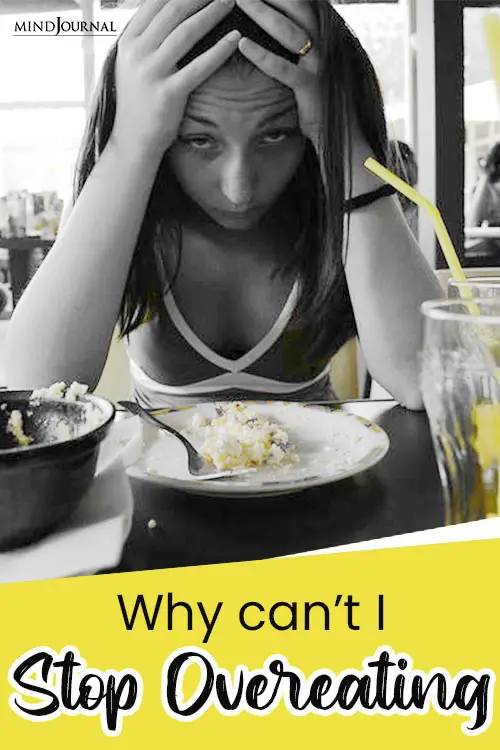
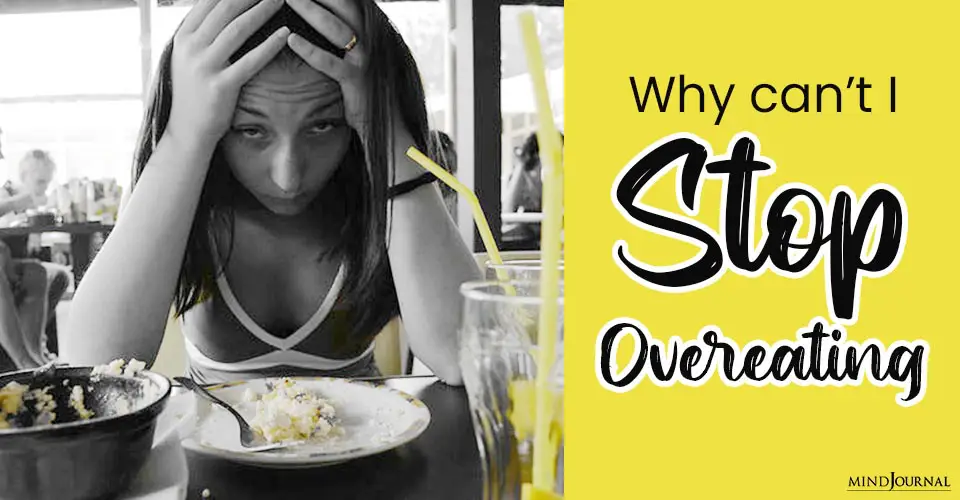

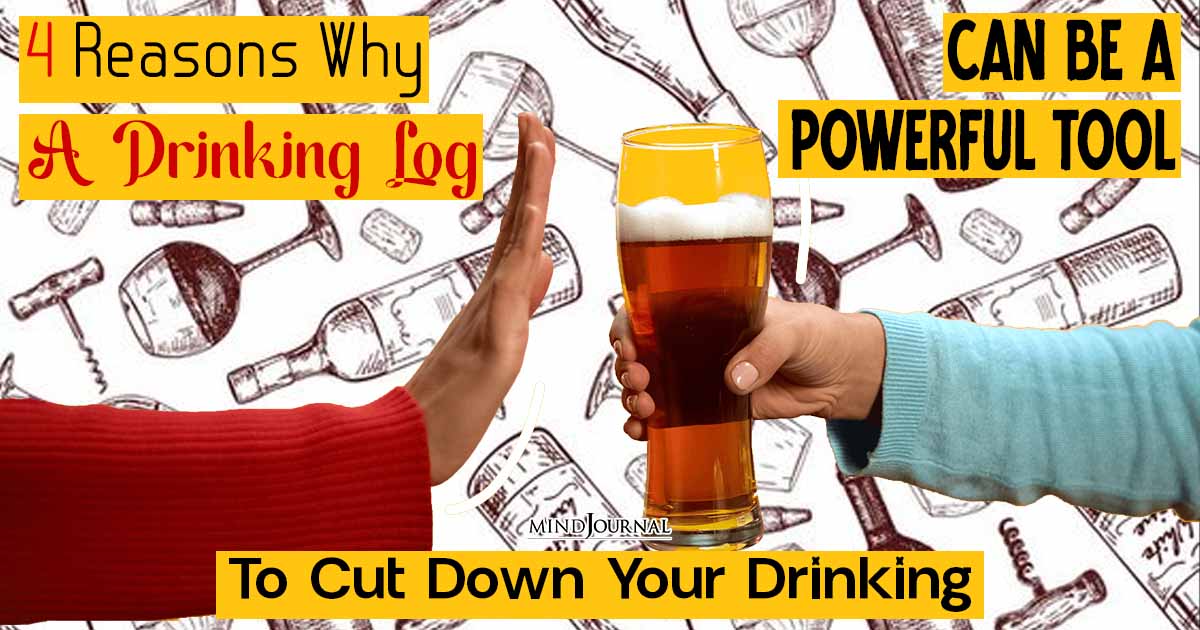
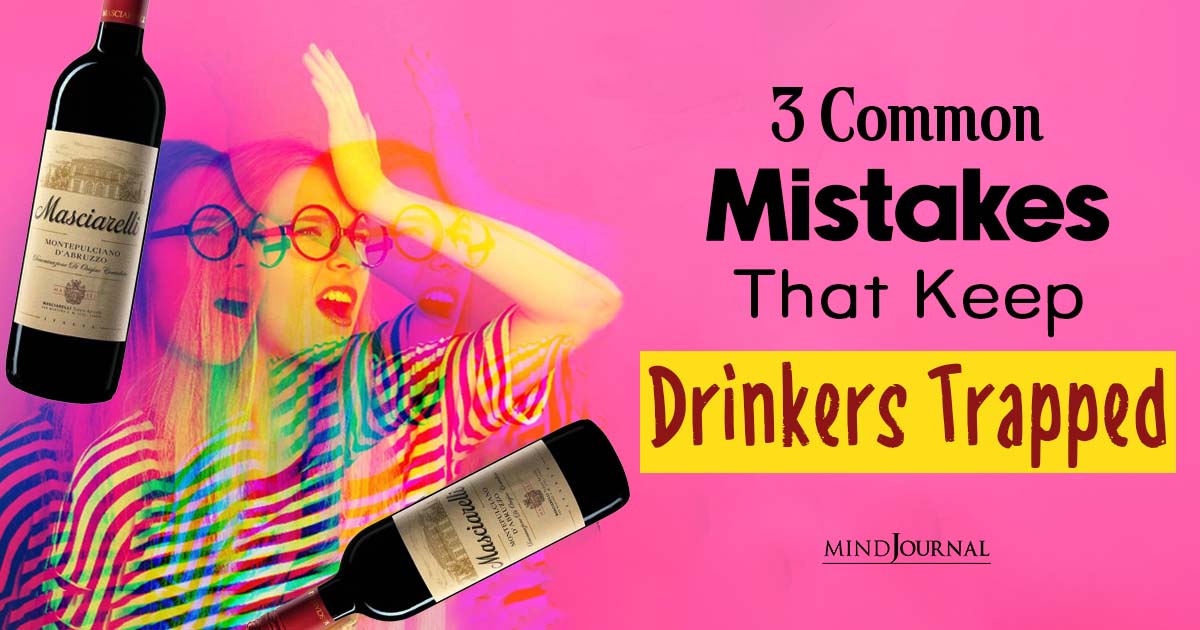
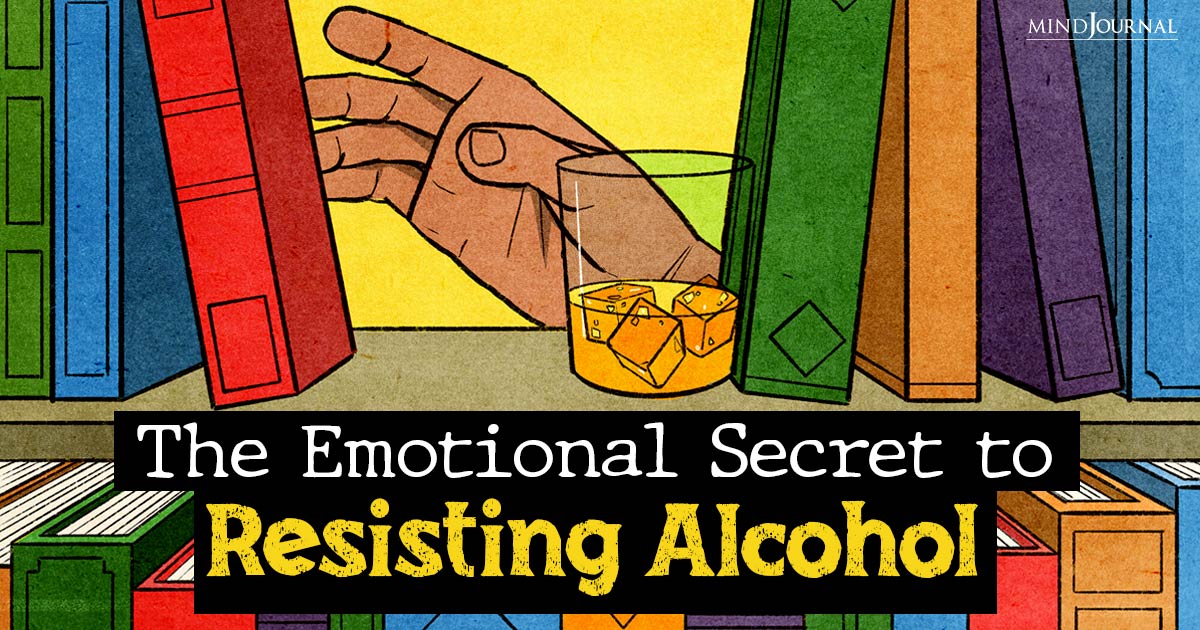
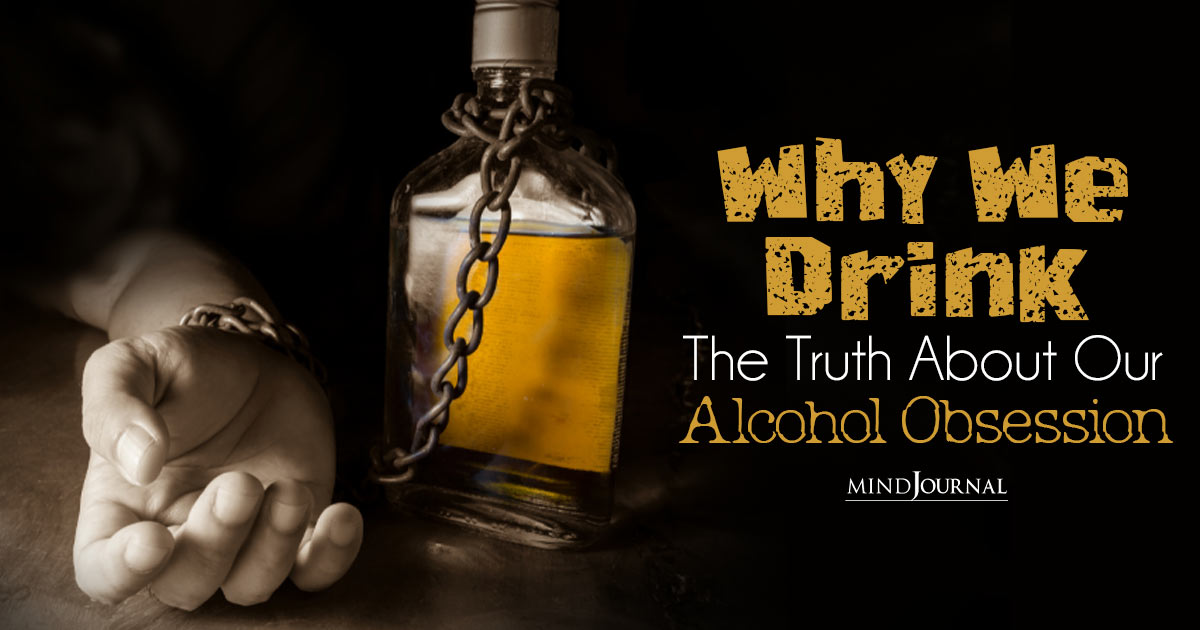
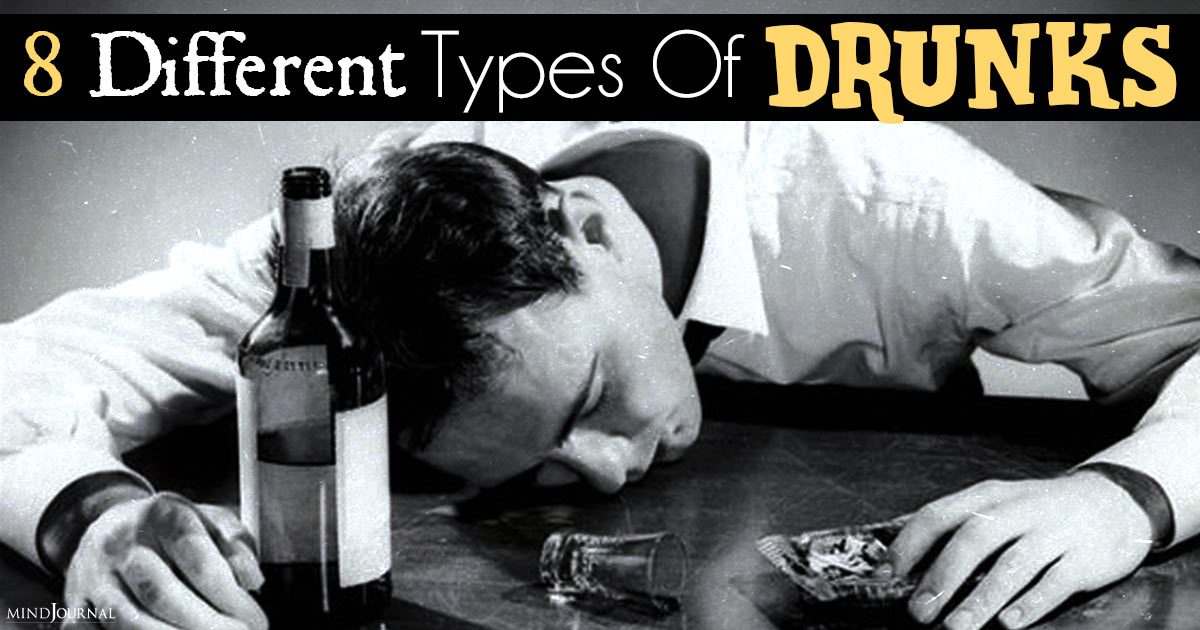
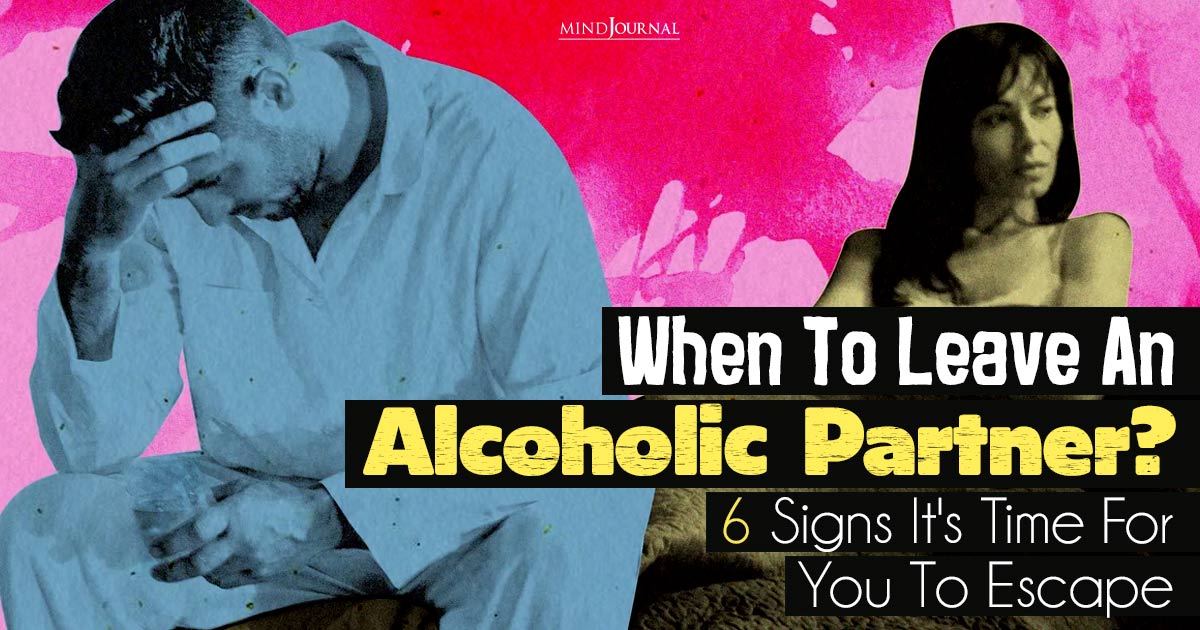
Leave a Reply
You must be logged in to post a comment.